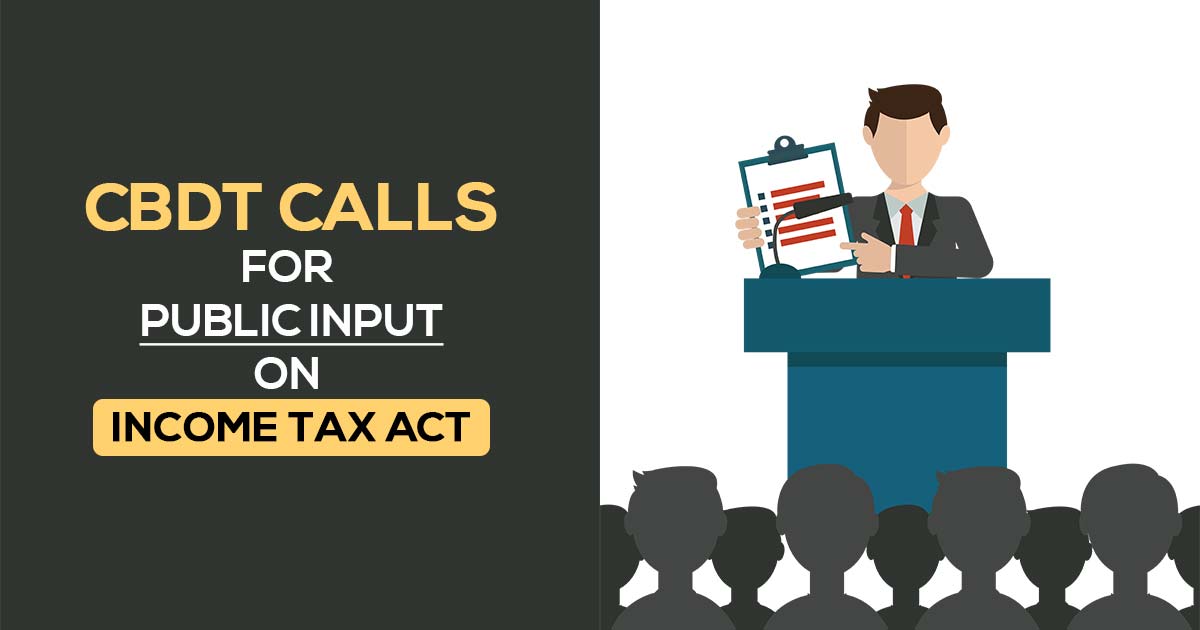
A complete review of the Income Tax Act has been initiated by the government, inviting public input on major areas for reform.
It was notified by the Central Board of Direct Taxes (CBDT) that it has made an internal committee to concentrate on easing the language, decreasing the litigation and compliance loads, and deleting outdated provisions. The same move shows a new push to make the tax regulations accessible and streamlined to navigate for both individuals and businesses.
CBDT to streamline public participation has launched a reliable webpage on the e-filing portal. Through visiting the link https://eportal.incometax.gov.in/iec/foservices/#/pre-login/ita-comprehensive-review
citizens can provide their recommendations.
It is been needed by the portal to enter their mobile numbers and validate the same through an OTP. the recommendations must be detailed citing the pertinent provisions of the Income Tax Act 1961 or Income-tax Rules, 1962, along with section, sub-section, clause, rule, sub-rule, or form number, under the four focus areas: simplification of language, litigation reduction, compliance reduction, and removal of obsolete provisions.
Finance Minister Nirmala Sitharaman’s 2024-25 Union Budget announcement has aligned the same initiative where she mentioned an objective to diminish disputes and litigation while increasing transparency in the tax regime. It will furnish tax certainty to assess and decrease the demand caught up in litigation, Sitharaman mentioned, with a completion target set for January 2025.
In former efforts, the review has been made like the Direct Taxes Code (DTC) proposed by the UPA government in 2009, which was amended various times but lapsed in 2014. The same updated push proposes a new chance to ease the tax code, with a compelling outcome anticipated in a set duration.
The government earlier executed reforms via the Finance Bill 2024, along with the revisions to the capital gains tax framework. The revised system offers taxpayers choices that strike a balance between reduced rates and the preservation of indexation advantages, tackling inconsistencies in how different asset classes are taxed.